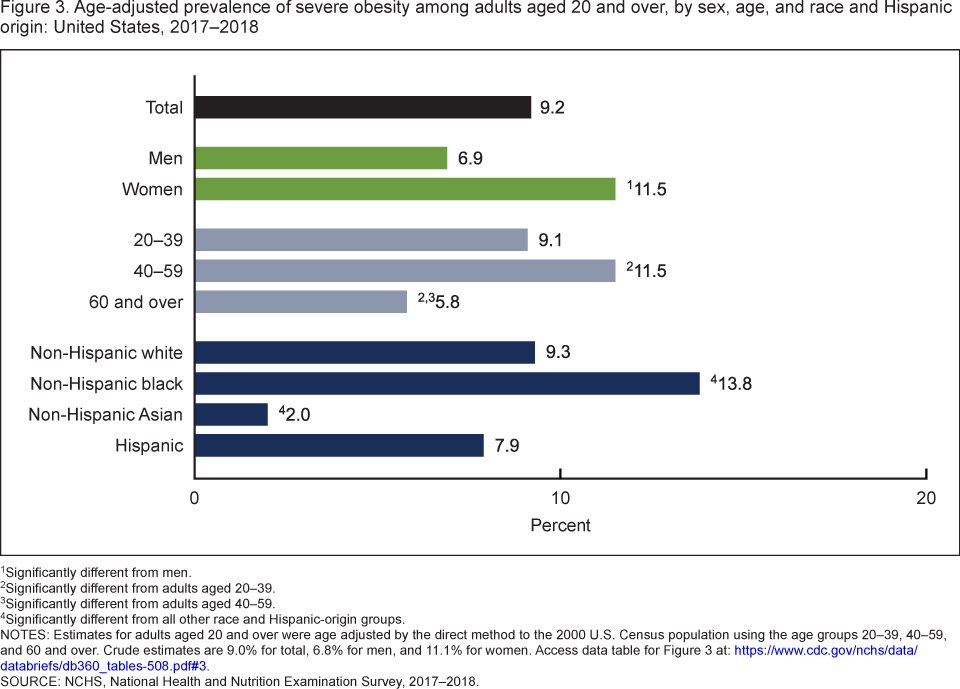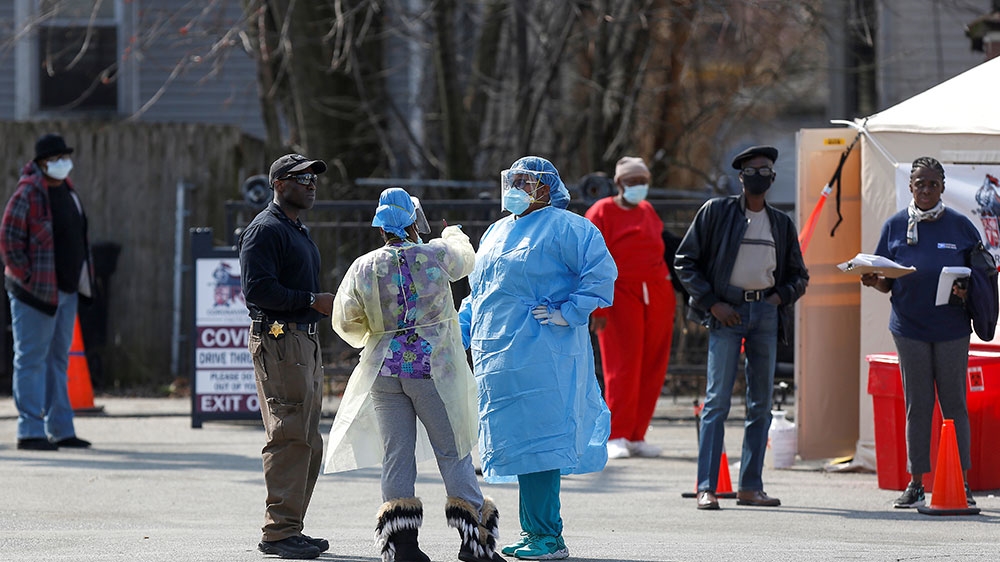Bringing health disparities into plain view
By Ted Kyle
Health disparities are an ever-present feature of American healthcare. Money, race, and ethnicity have long been deciding factors in who lives and who dies. Chronic diseases have their greatest impact on black, Hispanic, and economically disadvantaged communities. Prevalence is higher. But access to treatment is lower. It’s equally true for diabetes, heart disease, and obesity. Now, with the pandemic of Covid-19, this life-or-death story of health disparities is coming into plain view.
Everywhere we look, the Covid-19 pandemic is most devastating to African Americans.

Disparities in Chronic Diseases
These disparities are nothing new. Obesity is almost 20 percent more prevalent in black Americans than in whites. But if you look at severe obesity, the prevalence is closer to 50 percent higher. Not surprisingly, that translates into higher rates of diabetes, heart disease, and other chronic diseases that result from obesity.
However, access to medical care does not match the higher need in this community. In fact, it’s just the opposite – both in terms of access to medical care generally and for obesity specifically. Obesity treatment studies tend to enroll mostly white women. So it doesn’t surprise us when we read a recent review of disparities in obesity care and learn that well-established obesity treatments “are less effective in racial and ethnic minorities.” Intentionally or not, they’re tailored to the needs of a different population. This fact magnifies the problem of poor access to care in the first place.
Disparities in Death
It’s becoming plain to see that the risk of death in Covid-19 is higher for African Americans. CDC released a new analysis yesterday in the MMWR that showed African Americans are a third of the patients hospitalized with Covid-19 – even though they are only 13 percent of the population. That means that the likelihood of a black person being hospitalized with COVID-19 is nearly three times higher than the rest of the population.
In Chicago, black citizens account for more than half of all Covid-19 cases and 70 percent of the deaths. But they make up only 30 percent of the city’s population. This is a disproportionate burden of death that is unconscionable.

Medical workers talk as people wait in line to receive testing during the global outbreak of coronavirus disease (COVID-19) outside Roseland Community Hospital in Chicago, Illinois [Joshua Lott/Reuters] [Daylife]
These disparities are hard to explain in definitive terms. Many factors can contribute. The pre-existing burden of disease makes African Americans more vulnerable to bad outcomes from Covid-19. However, that’s not the whole story. It’s also likely that economic circumstances make it more difficult for this population to remove themselves from exposure. To some extent, sheltering at home is an economic and occupational privilege.
The impulse to look away from health disparities is unacceptable. Information on this problem is still spotty. In many places, data on racial disparities are simply not available. Harvard physician Fatima Cody Stanford tells us we can do better:
Like many acute and chronic illnesses that our country faces, we are seeing that Covid-19 disproportionately impacts communities of color – with specific emphasis on the African-American community. We also know that obesity is a significant risk factor for poor outcomes related to Covid-19. But we need better data regarding these patients so we can better determine the causal factors.
Click here, here, and here for more on disparities in Covid-19 outcomes. For Stanford’s presentation on disparities in obesity treatment at last year’s Blackburn Course in Obesity Medicine, click here.
____________________
Credit: ConscienHealth.org





















